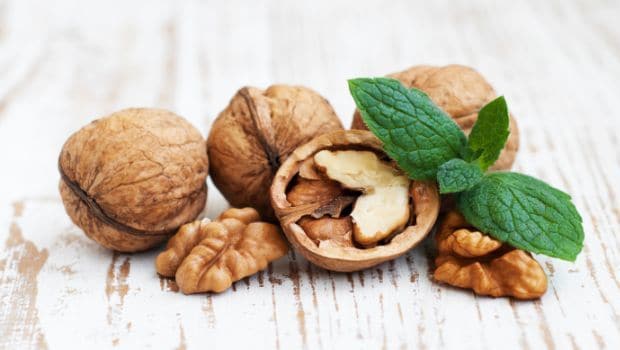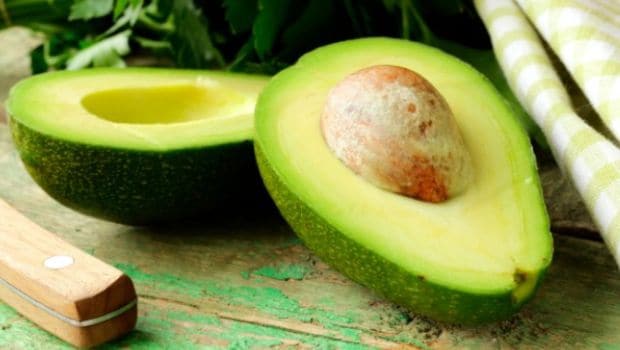Adding to the long tailing benefits of practicing yoga is the new study published in the journal Frontiers in Aging Neuroscience, which suggests, that those who have been practicing Yoga for a long time may have an edge as far as cognitive development in old age is concerned.
According to the study, that long term yoga could change the structure of your brain and protect cognitive decline and memory loss in old age, especially amongst female yoga practitioners-Yoginis. The researchers found that the elderly "yoginis" have greater cortical thickness in the left prefrontal cortex, in brain areas associated with cerebral functions like attention and memory.
The structure and functionality of the brain alters as we grow old which often leads to cognitive decline, including impaired memory and attention. One such change in the brain is largely attributed the cerebral cortex becoming thinner, which scientists have shown is correlated with cognitive decline
Elisa Kozasa of Hospital Israelita Albert Einstein in Sao Paulo, Brazil, involved in the study, explained just as our muscles, the brain develops through training.
She said, "Like any contemplative practice, yoga has a cognitive component in which attention and concentration are important,"

The researchers wanted to examine if elderly long-term yoga practitioners had any differences in terms of brain structure compared with healthy elderly people who had never practiced yoga.For the study,they recruited a small group of female yoga practitioners or yoginis who had practiced yoga at least twice a week for a minimum of eight years, although the group had an average of nearly 15 years of yoga practice.
The researchers then compared the yoginis with another group of healthy women who had never practiced yoga, contemplative or meditative practices, but hared same levels of physical activity, belonging to the same age group. (around 60)
The team scanned the participants' brains using magnetic resonance imaging to see if there were any differences in brain structure. "We found greater thickness in the left prefrontal cortex in the yoginis, in brain regions associated with cognitive functions such as attention and memory," Rui Afonso from Hospital Israelita Albert Einstein in Sao Paulo added.
Dip in memory in old age is natural while physical activity and contemplative practices like yoga can help Memory superfoods such as antioxidant-rich, colorful fruits, green leafy vegetables and whole grains which protect your brain from harmful free radicals, can help immensely in memory retention. Here are some food which can work wonders for memory and cognitive development as a whole.
- Vitamin C and B: Vitamin C, found in citrus fruits, is associated with mental agility, whereas Vitamin B is known to guard against age-related brain shrinkage and cognitive impairment. Load up on blackcurrants, fish, green leafy vegetables, mushrooms, peanuts, sesame seeds and eggs to rev up your brain power.
- Nuts and Seeds: A handful of seeds and nuts may help improve your memory power significantly. Pumpkin seeds are loaded with zinc that play a great role in sharpening your memory. Brain-shaped walnuts are a good source of omega-3 and other essential nutrients crucial for brain functioning and memory skills. Sunflower seeds are good sources of Vitamin E. Even peanuts are packed with vitamin E, a potent antioxidant. Almonds and hazelnuts also help boost memory.

- Berries: Blueberries are the top source of substances called anthocyanins which are brain-boosting antioxidants. Eating blueberries daily can help combat against the onset of short term memory loss. Even strawberries, when consumed regularly can help delay age-related memory decline.
- Green Vegetables: Broccoli, kale, collard greens, spinach - all green vegetables are full of iron, Vitamin E, K and B9 (folate), and phytonutrients like vitamin C which are extremely important for brain cell development. Vitamin K is known to be helpful in cognitive enhancement and increasing mental alertness.
- Avocados: Enriched with Vitamin E, avocados are loaded with antioxidants which help in keeping the brain healthy and alert. Creamy avocados are also associated with lowering the risk of Alzheimer's.

- Tomatoes: Tomatoes are a good source of lycopene which acts against brain cell degeneration and aids in the maintenance and production of new brain cells.
- Whole Grains: Whole grains are considered to be the powerhouse of energy and help you focus better. On consuming fiber-rich whole grains, energy is released in the body in the form of sugar which assists the brain in functioning properly, keeping us alert.
- Fish: Omega-3 fatty acids as well as DHA and EPA are essential for healthy brain functioning as well as for healthy brain neurons. Include salmon, mackerel, tuna and other fish in your diet. Vegetarian? You can substitute with soybean oil and flaxseed oil.

- Ashwagandha: a go-to choice in Ayurvedic medicine, is known for promoting memory since it helps prevent nerve cell damage. Dr Ashutosh Gautam, Clinical Operations and Coordination Manager at Baidyanath says, "Ashwagandha can be taken in the form of powder or tablet. It also improves the brain's memory functions like attention and concentration, hence helping with the symptoms of Parkinson's, Alzheimer's and other neurodegenerative diseases






